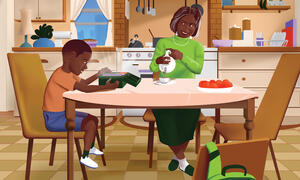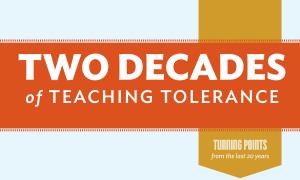publication
Antisemitism
Antisemitism was involved in 11 percent of the incidents reported by educators and 18 percent of those reported in the media. In our tracking of news reports, we noticed an uptick in antisemitic incidents toward the end
May 1, 2019






